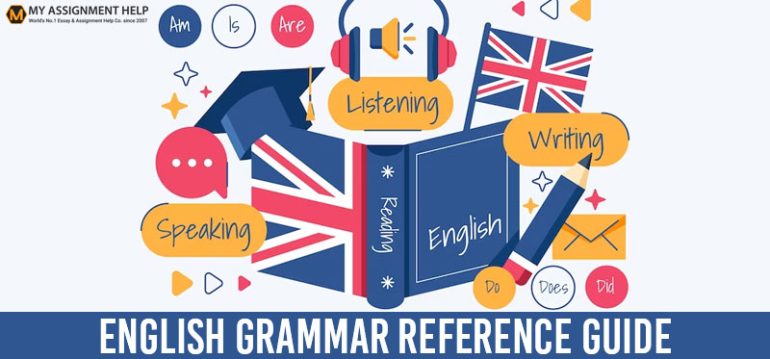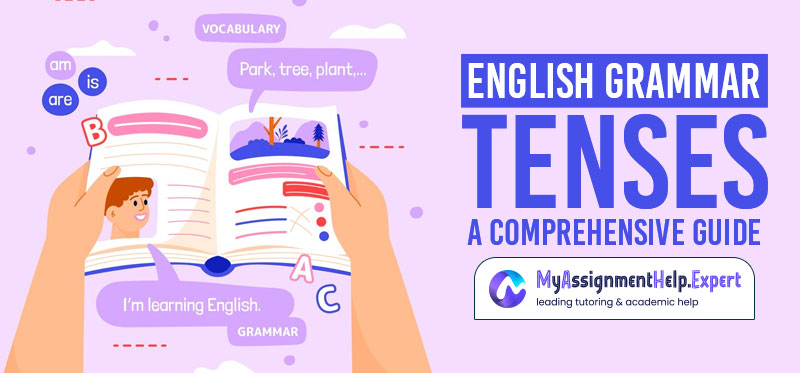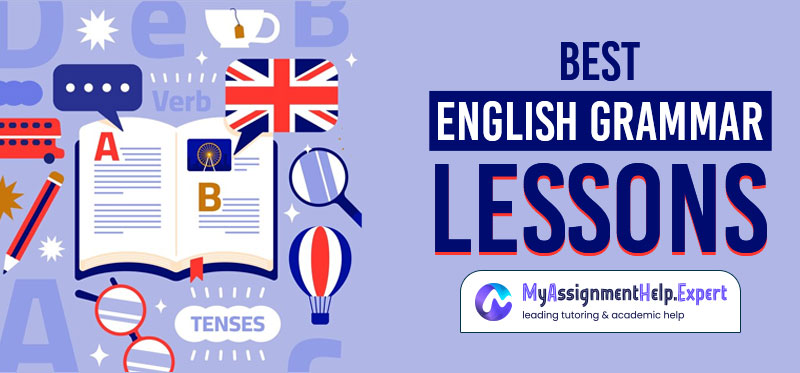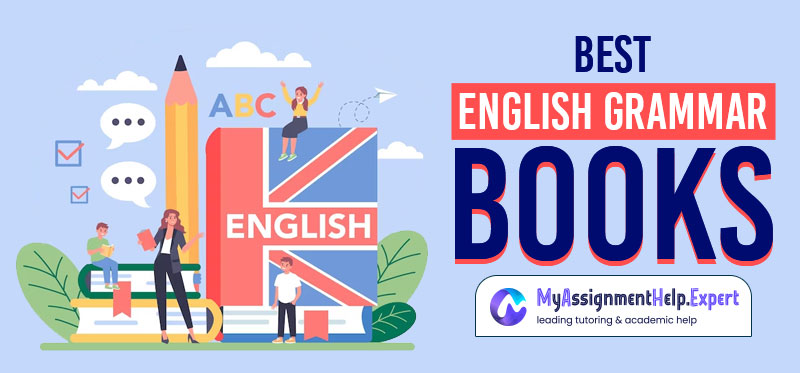English Grammar Reference Guide

English grammar serves as the backbone of effective communication, enabling us to convey ideas clearly and precisely. Whether you’re a student, a professional, or someone looking to enhance their language skills, having a reliable English grammar reference is crucial. In this comprehensive guide, we’ll explore the importance of a solid grammar foundation and recommend some top-notch resources to aid you in your grammar journey.
The Significance of English Grammar
Accurate grammar usage ensures that your message is delivered as intended. Misplaced commas, incorrect verb tenses, and other grammatical errors can alter the meaning of a sentence and sometimes even lead to confusion. Whether you’re crafting an academic essay, sending an email to a client, or posting on social media, impeccable grammar enhances your credibility and professionalism.
Components of English Grammar
English grammar is a complex system encompassing various elements. Some key components include:
Parts of Speech
Nouns, pronouns, verbs, adjectives, adverbs, conjunctions, prepositions, and interjections form the foundation of sentence construction.
Sentence Structure
Understanding subjects, predicates, clauses, phrases, and their relationships is essential for crafting coherent sentences.
Tenses
Correctly using past, present, and future tenses ensures accurate time references in your writing.
Punctuation
Commas, periods, semicolons, and other punctuation marks help convey pauses, breaks, and nuances in language.
Agreement
Ensuring subject-verb agreement and pronoun-antecedent agreement is crucial for grammatically sound sentences.
Top English Grammar References
To sharpen your grammar skills, having reliable reference materials is indispensable. Here are some exceptional resources to consider:
“The Elements of Style” by Strunk and White
A classic guide that offers concise, practical advice on grammar and writing style. It’s a must-have for anyone seeking clear and effective communication.
Grammarly
An online tool that not only corrects your grammar and spelling but also provides explanations for the corrections, helping you learn from your mistakes.
Merriam-Webster Online
Besides being a trusted dictionary, Merriam-Webster offers grammar tips, quizzes, and games to make learning grammar engaging.
“English Grammar in Use” by Raymond Murphy
This comprehensive grammar book is designed for learners at various levels. It includes explanations, examples, and exercises to reinforce your understanding.
Purdue OWL
The Purdue Online Writing Lab is an excellent resource for in-depth explanations of various grammar concepts, writing styles, and citation guidelines.
Cambridge Dictionary
In addition to word meanings, the Cambridge Dictionary provides grammar guides, quizzes, and a thesaurus to enhance your language skills.
How to Effectively Use Grammar References:
Owning grammar reference materials is only the first step. To truly benefit from them, consider the following strategies:
Start with Basics
you’re new to grammar study, begin with fundamental concepts like parts of speech and basic sentence structure. Gradually progress to more complex topics.
Practice Regularly
Mere reading won’t suffice. Engage in grammar exercises, quizzes, and writing prompts to apply what you’ve learned.
Focus on Problem Areas
Identify your weaknesses, such as using the correct tense or understanding punctuation rules. Concentrate on improving these areas.
Analyze and Edit
After writing something, review it with your grammar resources. Analyze the corrections made, and try to understand why they were necessary.
Consistency is Key
Develop a routine for studying grammar. Even dedicating 15-20 minutes daily can lead to significant improvements over time.
Common Grammar Pitfalls:
English grammar has its share of tricky aspects that often trip up even seasoned writers. Here are a few common pitfalls to watch out for:
Their/They’re/There
These homophones are frequently confused. “Their” shows possession, “they’re” is a contraction of “they are,” and “there” indicates a place.
Its/It’s
Another common confusion. “Its” is possessive, while “it’s” is a contraction of “it is.”
Affect/Effect
“Affect” is a verb meaning to influence, while “effect” is a noun signifying a result or outcome.
Lose/Loose
“Lose” is a verb describing the act of not winning, while “loose” is an adjective meaning not tight.
Fewer/Less
Use “fewer” for countable items and “less” for uncountable quantities.
Conclusion:
Mastering English grammar takes time and dedication, but the rewards are immense. A strong grasp of grammar enhances your communication skills, boosts your confidence, and improves your overall writing. Remember that grammar isn’t a set of rigid rules but a dynamic tool that evolves with language. By utilizing reliable grammar references, practicing consistently, and learning from your mistakes, you can elevate your language proficiency and become a more effective communicator. So, embark on your grammar journey today, armed with the knowledge and resources to excel.




